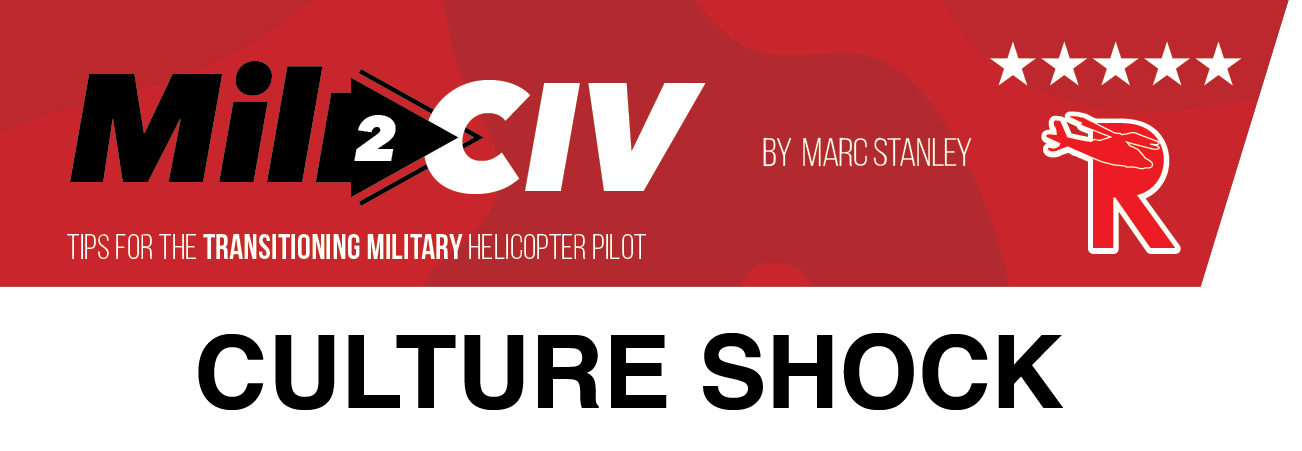|
May
27
2024
|
|
Posted 1 years 276 days ago ago by Admin
|
|

Transitioning out of the military to the civilian job market poses significant challenges for many military members, ranging from cultural adjustments such as identifying transferable skills, grappling with loss of identity and purpose, and addressing credentialing gaps. These obstacles can complicate the transition process and require careful planning, support, and resources to overcome effectively.
One of the primary challenges faced by military members transitioning is the culture shock they often experience. Military culture is distinct; it’s characterized by hierarchy, discipline, and a strong sense of camaraderie. Transitioning to the civilian workforce, which operates under different norms and expectations, can be disorienting for veterans. They may struggle to adapt to new organizational structures, communication styles, and decision-making processes, leading to feelings of alienation and frustration.
Additionally, military members may encounter difficulties in identifying and articulating their transferable skills to civilian employers. For example, military training equips service members with a diverse set of skills: including leadership, teamwork, problem-solving, and adaptability. Translating these skills into civilian terms can be challenging. Many veterans struggle to communicate their military experiences in a way that resonates with civilian employers, leading to mismatches between their skill sets and job requirements.
Moreover, transitioning military members often grapple with a profound sense of lost identity and purpose. Military service is deeply ingrained in one's sense of self, providing a clear mission, structure, and sense of belonging. Transitioning to civilian life can disrupt this sense of identity, leaving veterans to feel adrift and uncertain about their future. Many struggle to find a new sense of purpose and fulfillment outside of the military context, leading to feelings of isolation, depression, and anxiety.
Another significant challenge for military members transitioning into the civilian market is the lack of civilian credentials and certifications. While military training and experience are highly valuable, many civilian employers require specific credentials or certifications for certain positions. Veterans may find themselves at a disadvantage when competing for jobs that require civilian qualifications they do not possess. This is not limited to your FAA qualifications, you may be required to get your CDL or PMP for example. Obtaining these credentials can be time-consuming and costly, further complicating the transition process for veterans.
To address these challenges, various resources and support services are available to assist transitioning military members. Government agencies, nonprofit organizations, and private sector initiatives offer career counseling, resumé assistance, job placement services, and training programs designed specifically for veterans. Rotor Pro magazine’s annual Helisuccess and VAI’s Mil2Civ Transition Workshop are good examples of this. These resources help veterans identify their transferable skills, navigate the civilian job market, and access opportunities for further education and training.
Additionally, employers can play a crucial role in supporting military members during their transition to civilian employment. Creating veteran-friendly workplaces, offering mentorship programs, and recognizing the value of military experience can help veterans feel welcomed and valued in the civilian workforce. Employers can also provide on-the-job training and support to help veterans bridge any skills gaps and adapt to their new roles.
In conclusion, transitioning from military service to the civilian job market presents numerous challenges for military members, including culture shock, identifying transferable skills, loss of identity and purpose, and lack of credentials. However, with proper support, resources, and understanding from both veterans and employers, these challenges can be effectively addressed, enabling veterans to successfully transition to meaningful civilian careers.
YouTube Channel: https://www.youtube.com/channel/UCt4y..
READ MORE ROTOR PRO: https://justhelicopters.com/Magazine
WATCH ROTOR PRO YOUTUBE CHANNEL: https://buff.ly/3Md0T3y
You can also find us on
Instagram - https://www.instagram.com/rotorpro1
Facebook - https://www.facebook.com/rotorpro1
Twitter - https://twitter.com/justhelicopters
LinkedIn - https://www.linkedin.com/company/rotorpro1